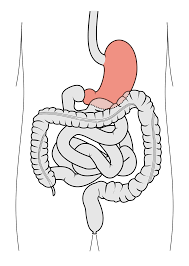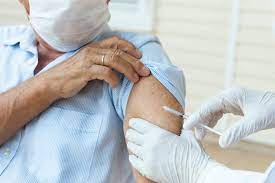Mosquitoes
- Jan 21, 2022
- 2 min read
Updated: Aug 2, 2022
Mosquito-borne illnesses are those that are transmitted by the bite of an infected mosquito. Mosquitoes transmit diseases such as Zika virus, West Nile virus, Chikungunya virus, dengue fever, and malaria. They affect over 700 million people around the world and lead to nearly 700,000 deaths a year. That is an astronomically high number for such an insignificant insect. This article will describe the 2 most prevalent types of mosquito borne illnesses.
Zika Virus
Zika fever is a mosquito-borne condition caused by the Zika virus. It is also termed as Zika. There aren't symptoms in several patients, although it might manifest similarly to dengue fever, another mosquito. Fever, red eyes, joint discomfort, headache, and a rash are all possible symptoms that may arise. Women infected with the Zika virus during pregnancy may have children with major health problems which could lead to lifelong disabilities. Other than sleep, hydration, and pain management with standard drugs, there is no medication for the Zika virus. The symptoms of Zika virus infection are often minor and disappear within two to seven days. Limiting mosquito bites means ending mosquito breeding areas, using chemicals to control the vector population, and wearing the correct garments and repellents. However, the Wolbachia approach developed by the World Mosquito Program is yielding encouraging results throughout the world. It is assisting in the prevention of Zika and other diseases spread by Aedes aegypti mosquitoes, such as dengue, chikungunya, and yellow fever.

Dengue Fever
Dengue fever is caused by a virus that is largely spread by Aedes aegypti mosquitoes. These mosquitos attack during the day, mainly around dawn and sunset. High temperature, headache, vomiting, muscular and joint discomfort, and rash are among the symptoms. Dengue fever, which has flu-like symptoms, has no particular medical therapy. It is critical to keep an eye out for indicators of serious illness. If signs of shock or bleeding appear, get immediate medical attention since these consequences can be fatal. Conventional dengue management tactics concentrate mainly on limiting the number of water-holding containers that enable mosquito hatching and suppressing the mosquito population with pesticides. However, prolonged decreases in mosquito populations are difficult to accomplish, and dengue epidemics can still occur. Personal repellents and protective clothes can assist to reduce mosquito bites.
Conclusion
In conclusion, mosquito borne diseases are very prevalent and affect a sizable population of the world. There are dozens of different diseases that are carried through mosquitoes and the importance of nullifying these diseases has been recognized. In Fact the world health organization has recently started a program using other mosquitoes to do this. Mosquito borne diseases are on the rise so it is advised to be careful when traveling to a hotspot. If precautions are taken, the chance of being infected drops significantly.




Comments